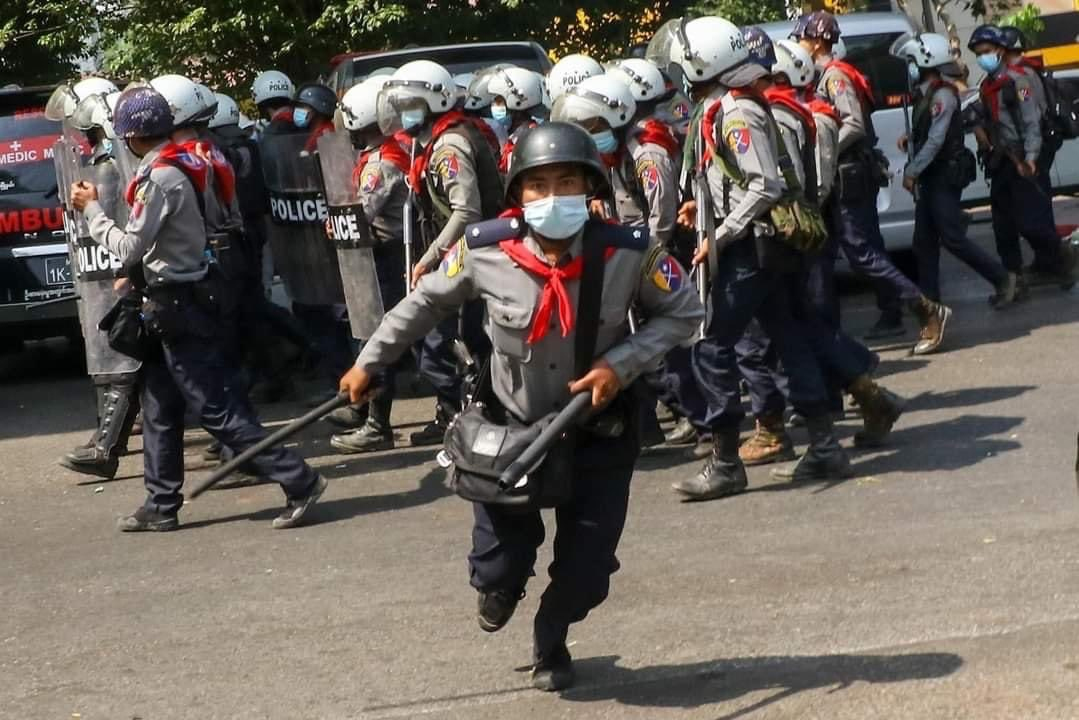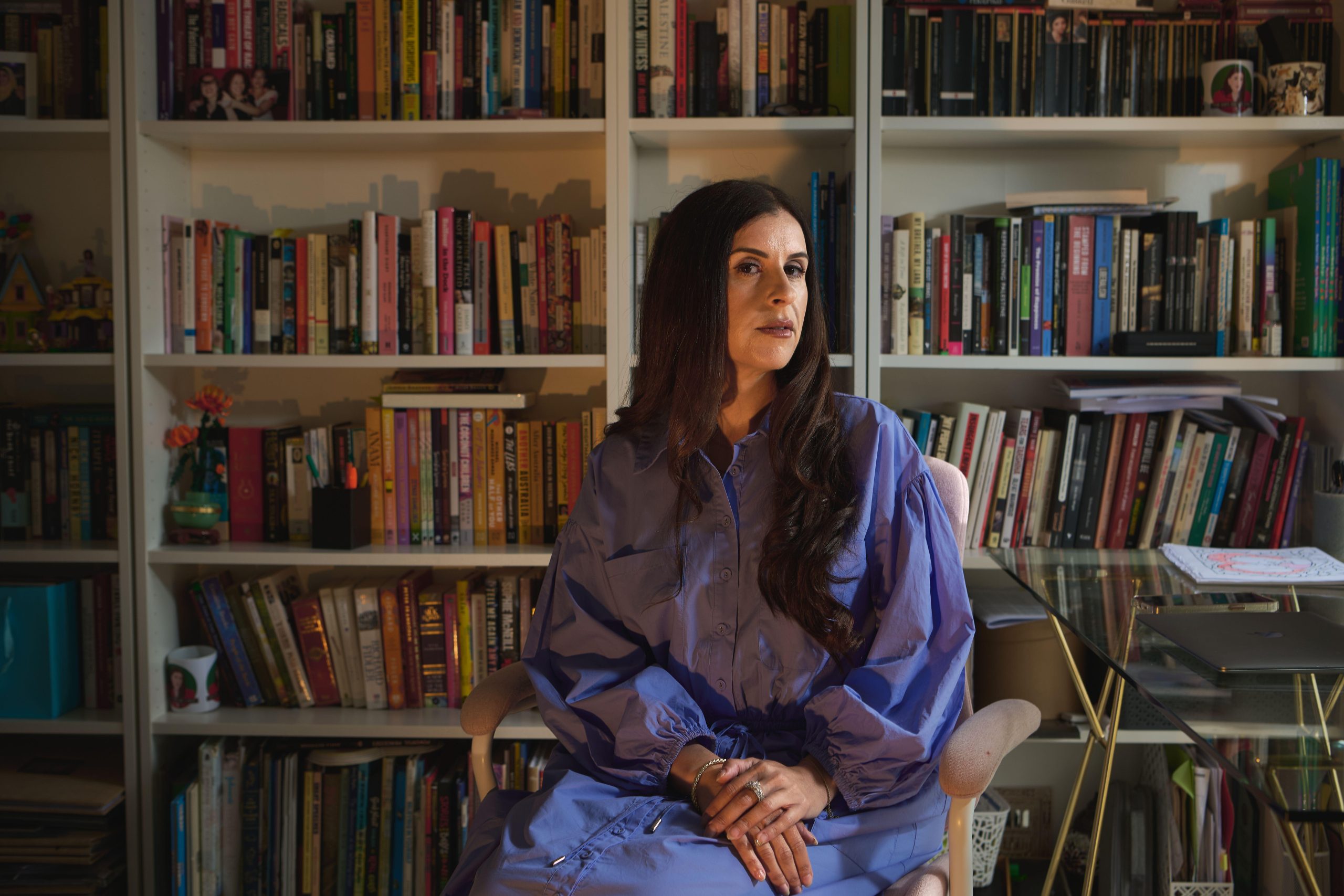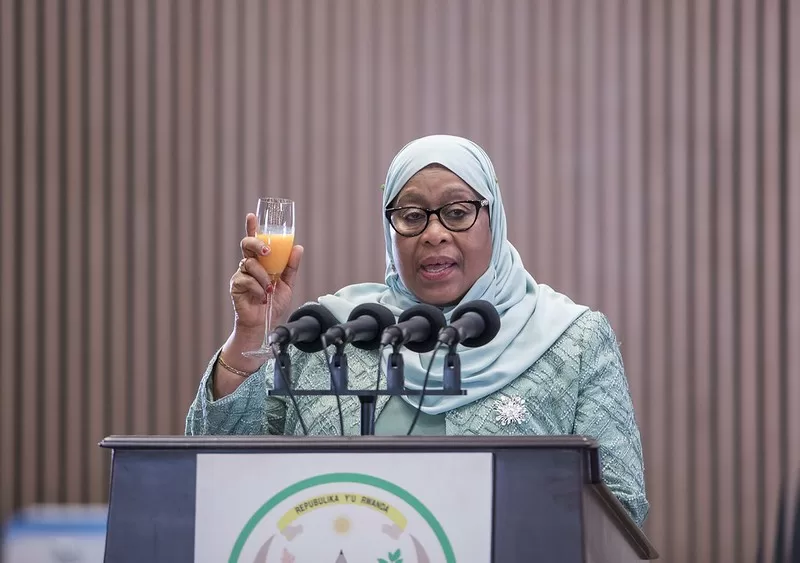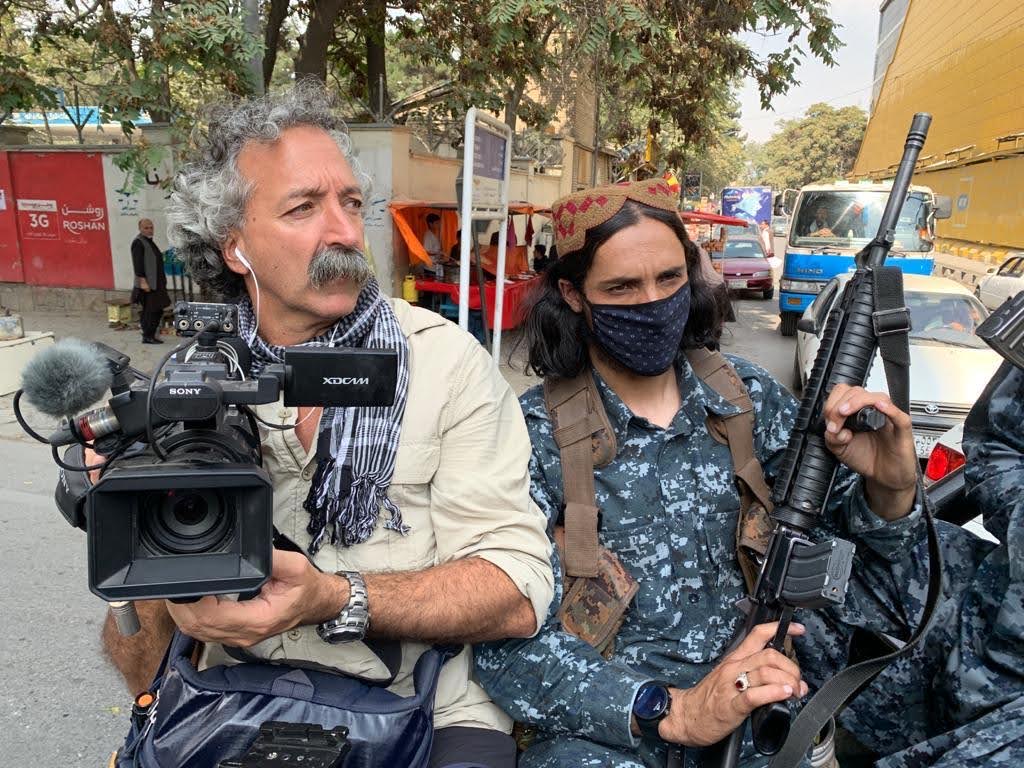[vc_row][vc_column][vc_single_image image=”116336″ img_size=”full” add_caption=”yes”][vc_column_text]The new military junta in Myanmar is continuing to assault and jail journalists as it progresses with its bloody coup.
At least 26 journalists have been arrested since Min Aung Hlaing seized power on 1 February and at least ten have been charged under section 505(a) of Myanmar’s penal code.
Two of the journalists, MCN TV News reporter Tin Mar Swe and The Voice’s Khin May San, have been granted bail but the remaining eight are still detained in the notorious military-run Insein prison in Yangon, known as “the darkest hell-hole” in the country and a byword for torture, abuse and inhumane conditions for inmates.
Section 505(a) makes it a crime to publish any “statement, rumour or report”, “with intent to cause, or which is likely to cause, any officer, soldier, sailor or airman, in the Army, Navy or Air Force to mutiny or otherwise disregard or fail in his duty”, essentially making criticism of the military government impossible.
Reporters are particularly vulnerable during protests. Myo Min Htike, former secretary of the Myanmar Journalist Association, recently told Index that journalists are being targeted across the country, particularly if they have covered protests against the coup and many have fled in fear for their lives and liberty.
Credible reports from the country show the dangers facing reporters covering the protests. Shin Moe Myint, a 23-year-old freelance photo journalist was severely beaten and arrested by policemen while she covered a protest in Yangon on 28 February.
Democratic Voice of Burma (DVB) journalist Ko Aung Kyaw live-streamed a violent arrest in which, according to reports by The Irrawaddy, he had stones thrown through his window and police officers firing threateningly into the air when asked if they had obtained a warrant to enter his premises.
Aung Kyaw could “be heard shouting that a stone injured his head and appealing to neighbours for help before the security forces broke into his house and arrested him”.
Thein Zaw, covering the protests for Associated Press, has been charged with violating public law while Ma Kay Zon Nway of Myanmar Now and Aung Ye Ko of 7 Days News have also been arrested.
Others still detained include the journalists Hein Pyae Zaw, Ye Myo Khant, Ye Yint Tun, Chun Journal chief editor Kyaw Nay Min and Salai David of Chinland Post.
Sit Htet Aung of the Myanmar Times, who took the picture above, was one of the lucky ones who managed to escape a beating and detention.
Use of section 505(a) shows an automatic crackdown on criticism of the military regime and since the coup, the junta has implemented a number of problematic legislation changes which could easily be used against journalists in the country.
According to Amnesty International: “Courts routinely convict individuals under this section without evidence establishing the requisite intent or a likelihood that military personnel would abandon their duty as a result of the expression.”
“In practice, the section has often been used to prosecute criticism of the military – expression protected by international human rights law.”
The law has since been amended, meaning anyone charged under it can be arrested without a warrant and it is no longer a bailable offence, thus any future arrests – which are likely – will find journalists in Myanmar detained with little hope of an immediate reprieve.
The same amendments apply to 124(a) of the penal code, which previously made anti-government comments illegal.
Journalists also rely heavily on the internet to publish their stories, but amendments to the Electronic Transactions Law allow law enforcement to harvest the personal data of anyone deemed to be in breach of a cyber-crime, or – more broadly – those critical of the regime online.[/vc_column_text][three_column_post title=”You may also want to read” category_id=”38″][/vc_column][/vc_row]





